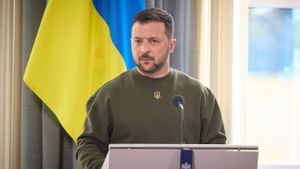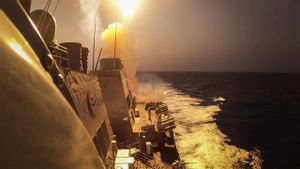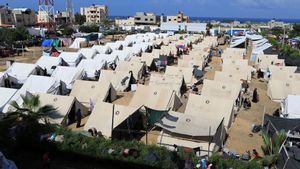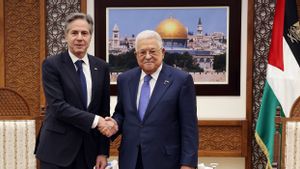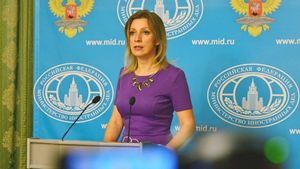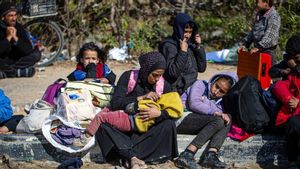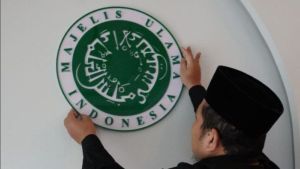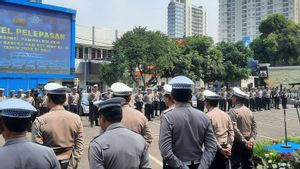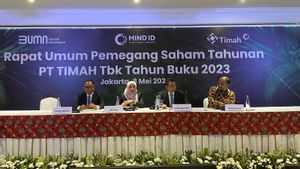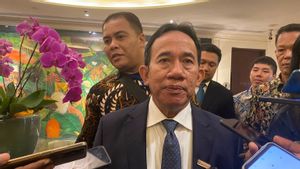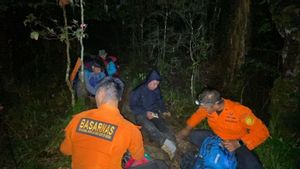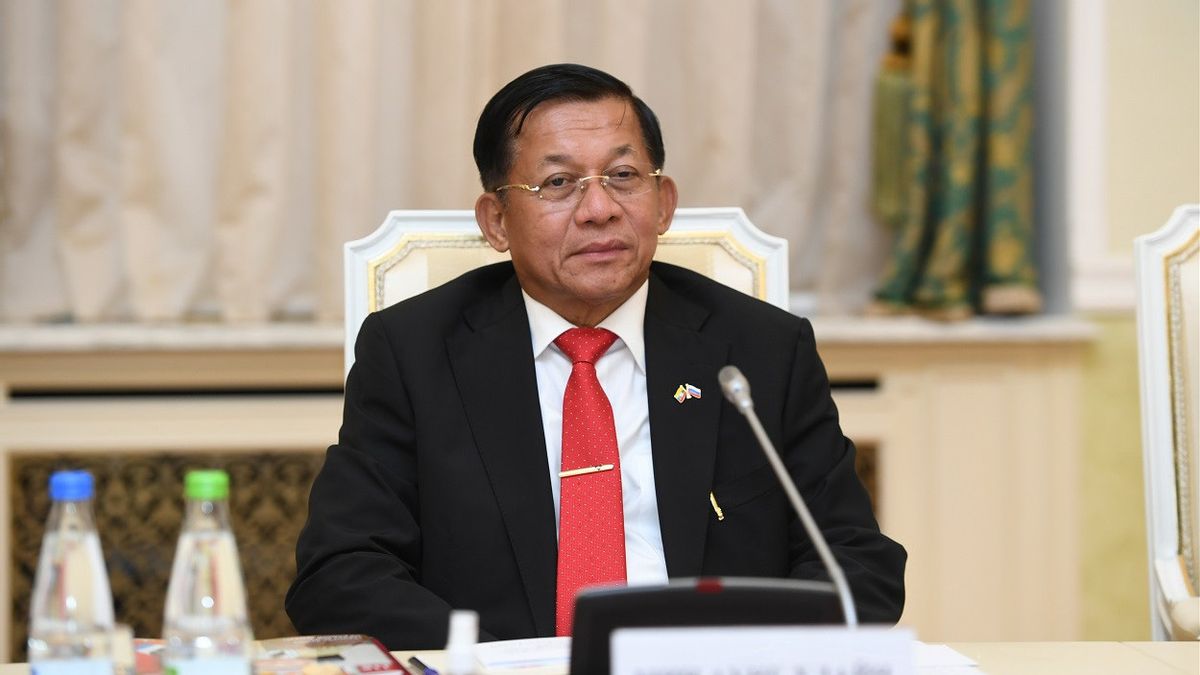
JAKARTA - Senior General Min Aung Hlaing's military junta leader met with ASEAN's special envoy, state media said Thursday, amid efforts by the bloc to promote peace in Myanmar.
The military ruler met with Alounkeo Kittikhoun, the envoy to chairman of ASEAN, now held by Laos, for the Myanmar crisis, amid frustration over the lack of commitment from the generals to establish peace based on agreed plans among all ASEAN members, including Myanmar, in 2021.
The government-run Global New Light of Myanmar newspaper reported that the two leaders discussed "government efforts to ensure national peace and stability and reconciliation".
Senior General Min Aung Hlaing himself said his government was "implementing the ASEAN five-point consensus which is adapted to the roadmap of the State Administration Council", according to the newspaper.
The generals announced their five-point roadmap immediately after seizing power. This is very different from ASEAN's plan, which is more focused on the recovery of the pandemic and forming its own polling body, to hold new elections after the state of emergency ends.
Meanwhile, NUG spokesman Kyaw Zaw said the special envoy had to meet with all stakeholders, not just the junta.
"After three years have passed, the junta leaders have proven they have no willingness to implement the Five-Point Consensus. It is very important to engage directly with the legitimate NUG government, armed ethnic groups and resistance forces," said Kyaw Zaw.
Myanmar has experienced a prolonged cycle of violence since the military seized power from the elected government in the 2021 coup. ASEAN has repeatedly urged the junta to stop hostilities and implement "Five Points Consensus".
관련 항목:
The junta declined to start a dialogue with its opponents in the NUG and the pro-democracy resistance movement, which is a key component of the agreement, called them "terrorists".
Meanwhile, violence has escalated in recent months as ethnic minority soldiers, particularly in northern Myanmar, stepped up efforts to expel the junta from their territory, capturing outposts and major commercial cities on the border with China.
The military is also facing fighting in various fields against pro-democracy militias formed after their crackdown on national protests.
The English, Chinese, Japanese, Arabic, and French versions are automatically generated by the AI. So there may still be inaccuracies in translating, please always see Indonesian as our main language. (system supported by DigitalSiber.id)


